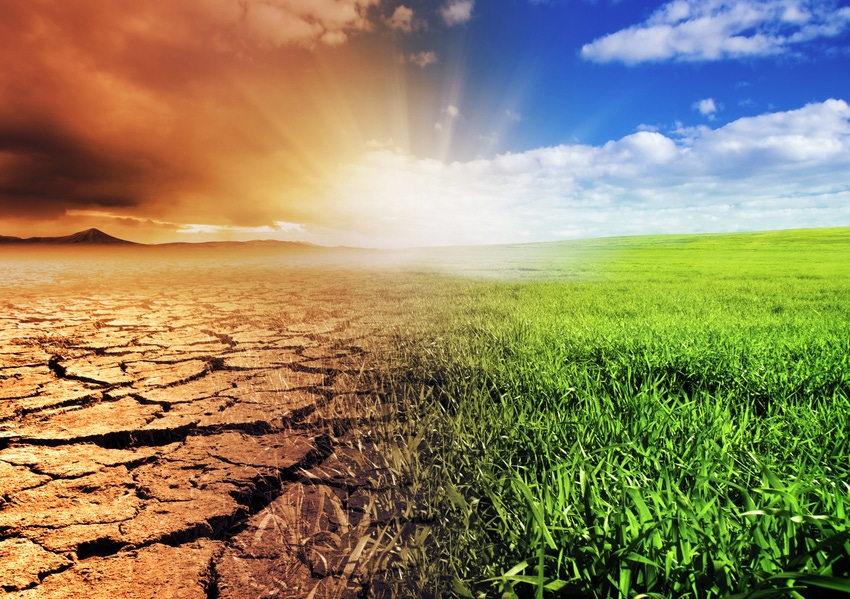
I have no problem writing about climate-smart agriculture. Anything a grower can do to save water, improve soil health or reduce pollution is a good thing. The University of California has placed a big emphasis lately on helping farmers save resources and be good stewards, and I think most growers appreciate the effort.
But I have to get a kick out of the latest hysteria emanating from the United Nations’ Intergovernmental Panel on Climate Change, which breathlessly warned us in mid-October that we have 12 years to right the ship on climate change or it’s practically over for Earth as a habitable planet.
According to the group Solutions from the Land, the IPCC goal to limit the increase in global temperatures to no more than 1.5 degrees Celsius above pre-industrial levels would require “rapid, far-reaching, and unprecedented changes in the energy, transportation, and agriculture sectors.”
The problem is that when it comes to climate, the UN’s agencies have very little credibility left. Many of us remember “Climategate,” the 2009 scandal in which critics alleged that e-mails obtained from Great Britain’s University of East Anglia showed bias and deliberate manipulation of data by IPCC scientists.
Around that time, none other than UC-Davis Associate Professor and air quality specialist Frank Mitloehner — certainly no “climate denier” — was working to debunk a 2006 United Nations study titled “Livestock’s Long Shadow,” which asserted that livestock operations were responsible for 18 percent of the world’s greenhouse gases.
Mitloehner and others penned a 2010 counter-study, “Clearing the Air: Livestock’s Contribution to Climate Change,” that argued the number was much lower, noting the U.S. Environmental Protection Agency reported that agriculture as a whole emitted only 5.8 percent of the nation’s greenhouse gases.
The rebuttal prompted Pierre Gerber, a UN scientist who coauthored “Livestock’s Long Shadow,” to admit to the BBC that Mitloehner “has a point” in criticizing the UN for factoring in related activities such as trucking and feed production for cattle, but not doing so for other industries.
Then there was “Climategate II,” in which e-mails leaked to The Associated Press showed that scientists preparing another UN climate report in 2013 were pressured to ignore or downplay evidence that global temperatures had stopped rising for the previous 15 years.
With such a checkered record, this latest IPCC report has an air of desperation. If you’re a petulant child and no one’s listening to you, you scream louder and try to sound more urgent.
One must also notice the report’s timing, coming out in the middle of the U.S. hurricane season and four weeks before a congressional election seen by many as a referendum on President Donald Trump, a global warming skeptic.
Human-made air pollution may indeed affect climate. But growers and other average folks would take the issue a lot more seriously if it weren’t constantly used as a political club to beat them over the head.
About the Author(s)
You May Also Like






